Bisphenol A (BPA) is a chemical commonly used in the production of plastic products, such as water bottles, food containers, and even baby bottles. However, studies have shown that exposure to BPA can have harmful effects on human health, including disrupting hormone levels and increasing the risk of certain cancers, diabetes, and obesity.
As a result, many manufacturers have started to produce BPA-free products. In this article, we will explore what BPA-free means, why it matters, and how to identify BPA-free products.
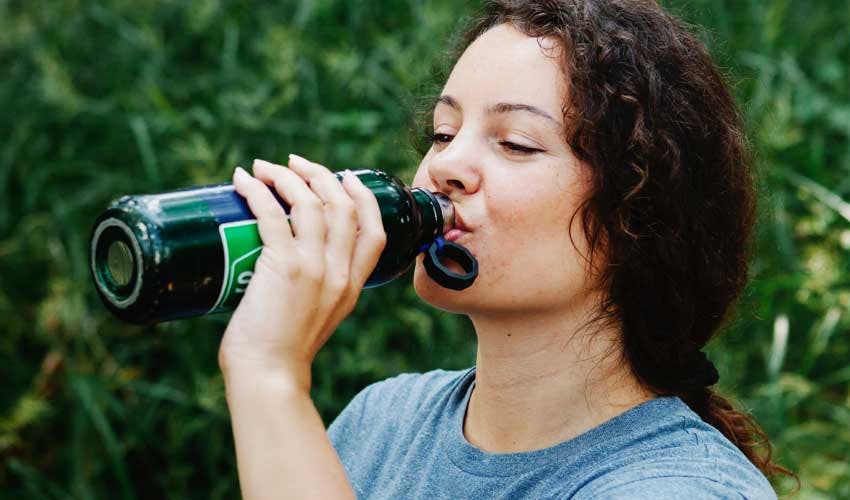
What is BPA?
BPA is a synthetic chemical used in the production of polycarbonate plastics and epoxy resins. These materials are commonly used in the production of a wide range of products, including food and drink containers, eyeglass lenses, and medical equipment. BPA is also used to coat the inside of metal cans to prevent corrosion and contamination.

Why is BPA Harmful?
BPA has been shown to disrupt hormone levels in the body, particularly estrogen. This can have a range of negative health effects, including an increased risk of breast and prostate cancer, infertility, and obesity. BPA has also been linked to an increased risk of diabetes, cardiovascular disease, and developmental disorders in children.
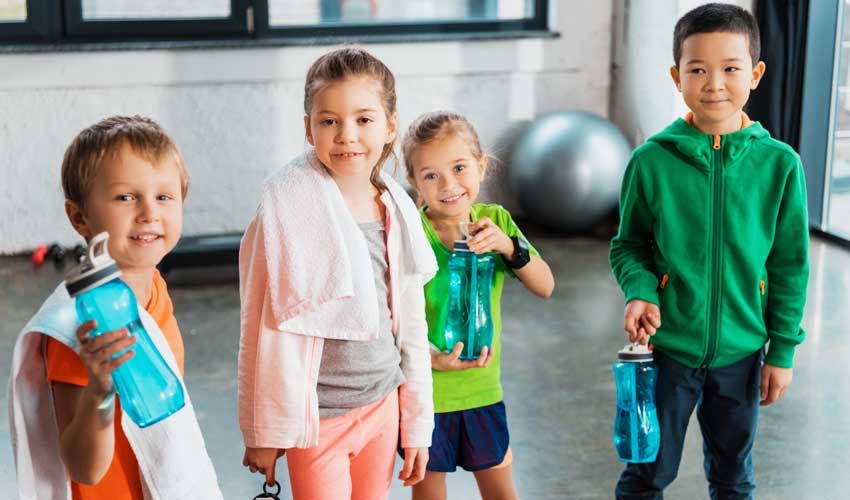
What Does BPA-Free Mean?
BPA-free refers to products that do not contain bisphenol A. Instead, these products are made from alternative materials that do not leach harmful chemicals into food or drink. BPA-free products are often made from materials such as glass, stainless steel, or plastics that are free of BPA and other harmful chemicals.
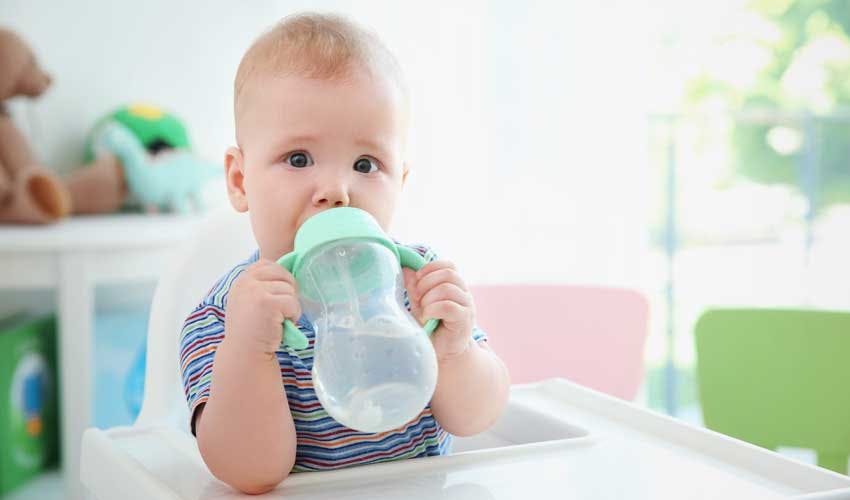
How to Identify BPA-Free Products?
Many manufacturers label their products as BPA-free, making it easy for consumers to identify them. Look for labels or packaging that explicitly states that the product is BPA-free. It is worth noting, however, that not all products that are marketed as BPA-free are necessarily safe.
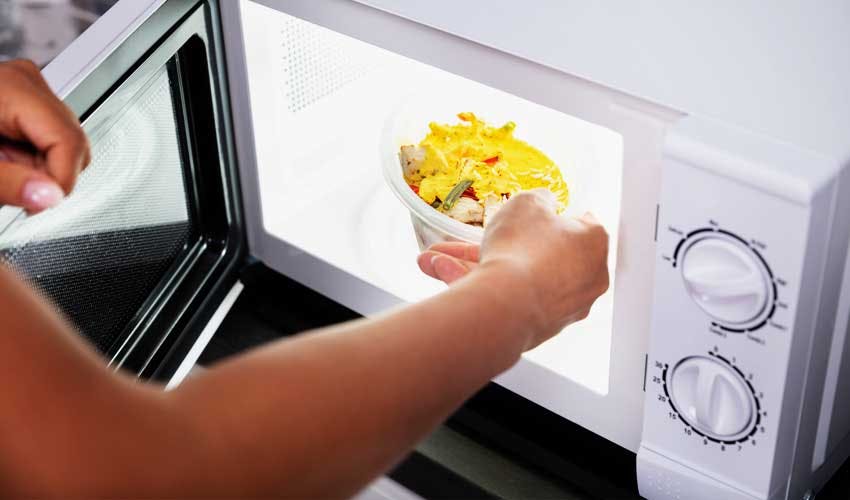
Are BPA-Free Products Safe?
While BPA-free products are generally considered safer than those containing BPA, there is still some debate over their safety. Some studies have suggested that the alternative materials used in BPA-free products may also have negative health effects, particularly if they are heated or used with acidic foods or drinks.
For example, some types of BPA-free plastics have been shown to leach harmful chemicals into food or drink when exposed to high temperatures or acidic foods. Similarly, some types of stainless steel may contain trace amounts of nickel or other metals that can be harmful to people with certain allergies or sensitivities.
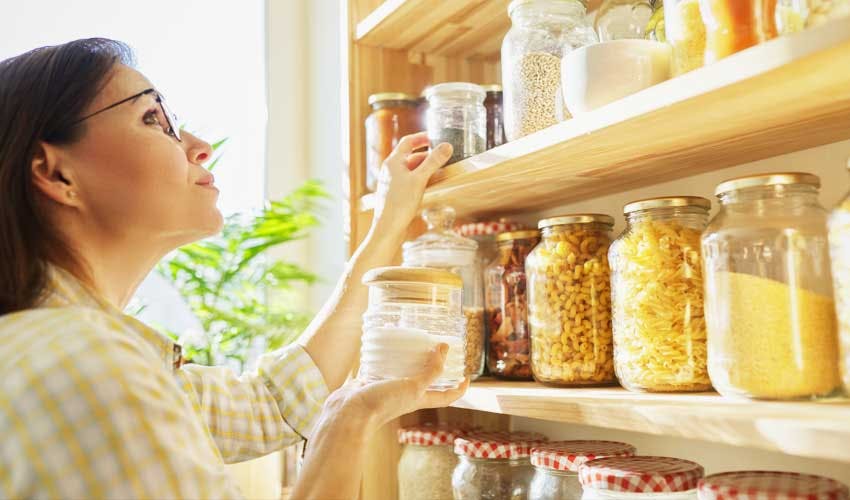
Tips for Reducing BPA Exposure in Your Daily Life
In addition to choosing BPA-free products, there are several other steps you can take to reduce your exposure to BPA and other harmful chemicals:
- Use glass or stainless steel containers for food and drink storage. These materials are less likely to leach harmful chemicals into your food and drink.
- Avoid microwaving plastic containers. Heat can cause plastic to break down and release harmful chemicals into your food.
- Choose fresh or frozen foods over canned foods. Many canned foods are lined with BPA-containing materials, which can leach into the food.
- Wash your hands frequently. BPA and other chemicals can be found in dust and on surfaces, so washing your hands regularly can help reduce your exposure.
- Choose personal care products that are free of BPA and other harmful chemicals. Look for products that are labeled as BPA-free, paraben-free, and phthalate-free.
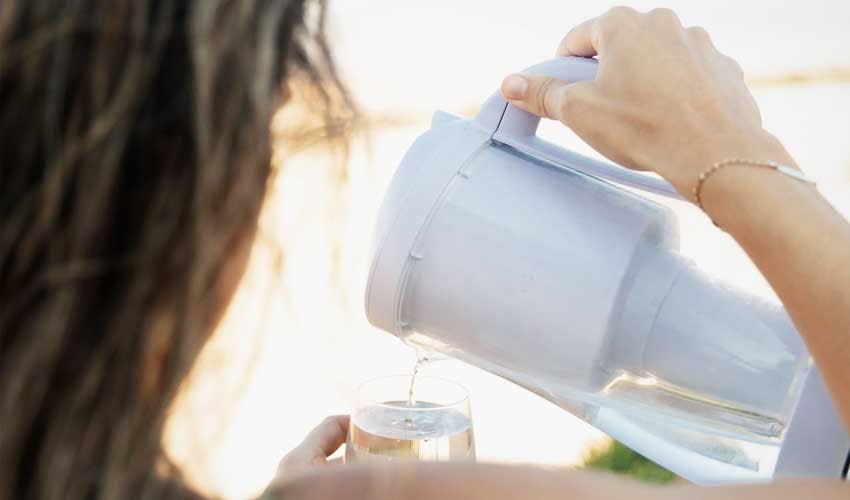
Conclusion
BPA is a chemical commonly used in the production of plastic products, but exposure to this chemical can have harmful effects on human health. BPA-free products offer a safer alternative, but it is important to choose products from reputable manufacturers and to be aware of the potential risks associated with alternative materials.
By understanding what BPA-free means and how to identify these products, consumers can make informed decisions about the products they buy and use.
If you’re looking for BPA-free eco-friendly water filter pitchers in Australia, look no further than Ecobud. We offer a range of high-quality, affordable, and practical products designed to help you positively impact your health and the environment. Call us today at 1300 886 373 to place an order or to learn more about our products and services!